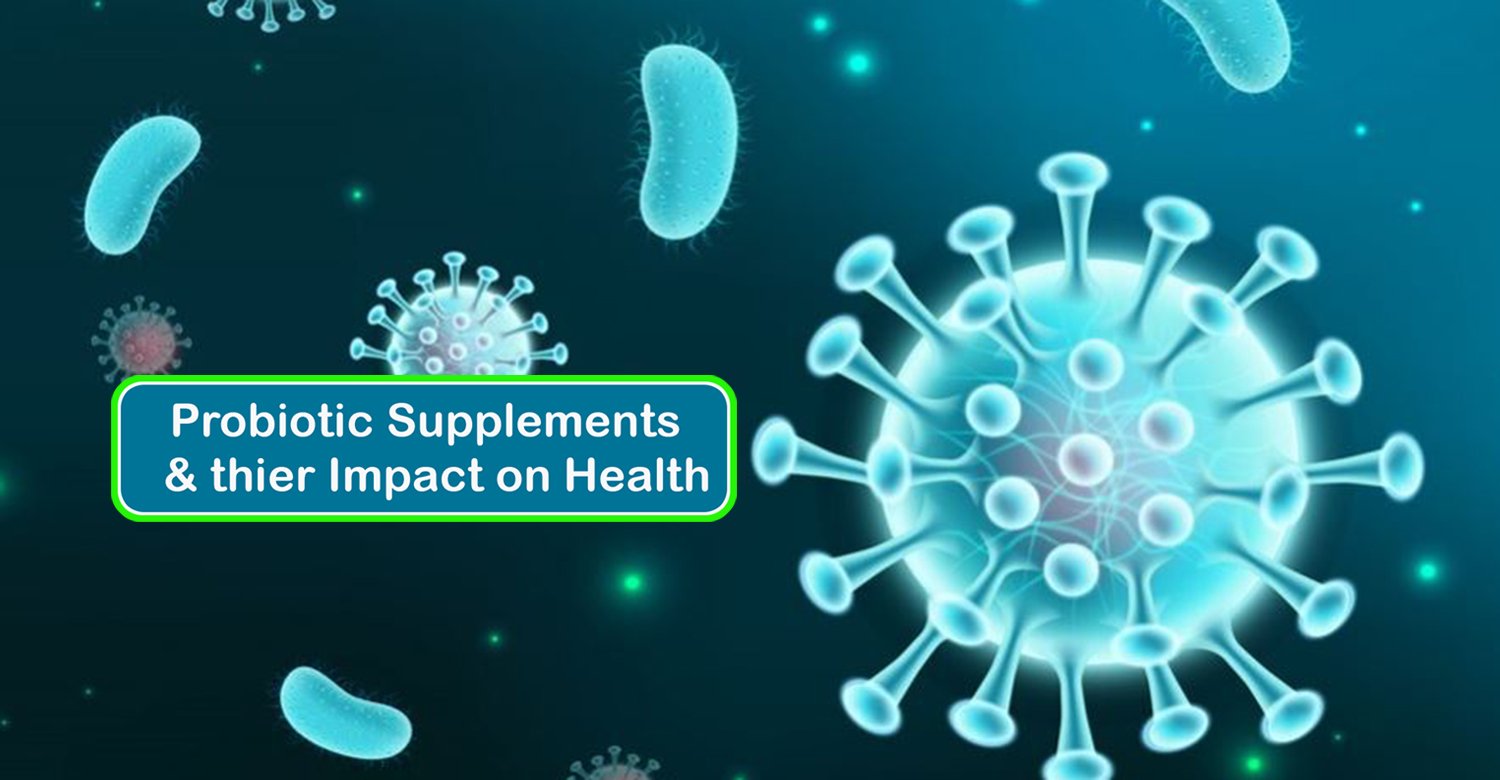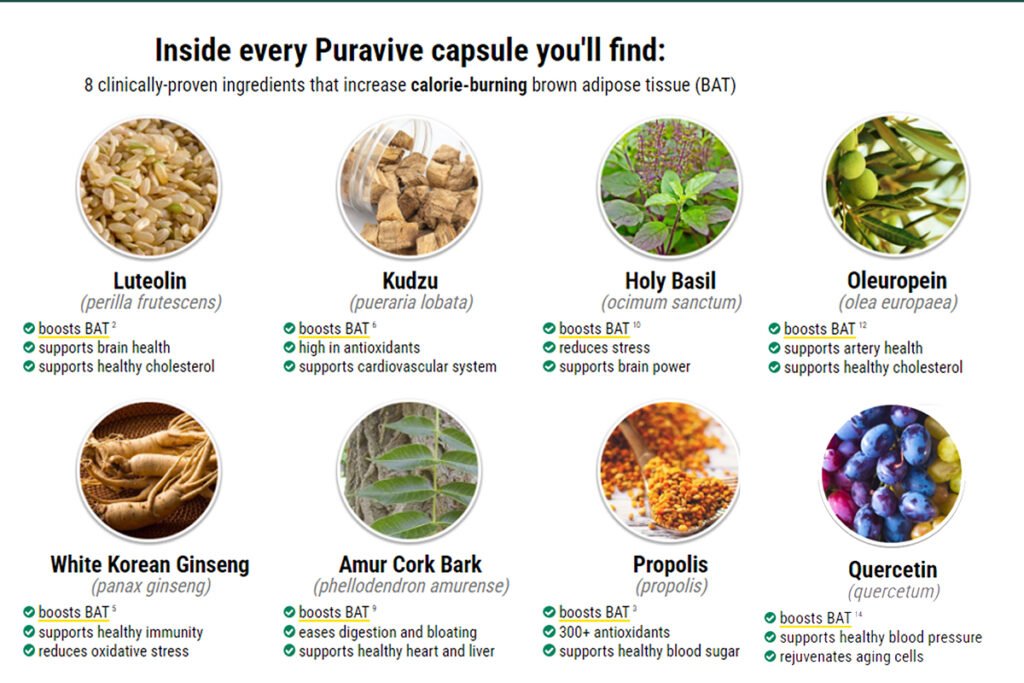![]()
![]()
![]()
![]()

In the pursuit of overall health, one often underestimated yet impactful aspect is the world of probiotics, among which include probiotic supplements. These microscopic organisms, found in certain foods and supplements, play a vital role in supporting our well-being. In this comprehensive guide, we will unravel the mysteries surrounding probiotic supplements, delving into their benefits, mechanisms of action, and how they contribute to improved health.

Probiotics, live microorganisms such as bacteria and yeast, offer health benefits when consumed in adequate amounts. Unlike harmful pathogens, these friendly bacteria contribute to maintaining a balanced and thriving gut microbiome – the community of microorganisms residing in our digestive tract. This microbial symphony not only influences digestion but also plays a crucial role in immune function, nutrient absorption, and even mental health.
Understanding how probiotics work provides insight into their diverse health benefits. Probiotics support the gut microbiome by promoting the growth of beneficial bacteria, creating an environment less favorable to harmful microbes. Additionally, they produce compounds like short-chain fatty acids that nourish the cells lining the intestines, enhancing gut barrier function. Probiotics also modulate the immune system, fostering a balanced and responsive defense mechanism.
Selecting an effective probiotic supplement involves considering specific factors. Strain specificity is crucial, as different strains offer distinct benefits. Colony Forming Units (CFUs) measure potency, and survivability ensures the organisms reach the intestines intact. Supplements may also include prebiotics or other supportive ingredients that enhance probiotic effectiveness.

(click here or any image for a nutural all-in-one capsule)
Probiotics shine in promoting digestive health, addressing conditions such as irritable bowel syndrome (IBS), constipation, and diarrhea. By fostering a balanced gut microbiome, probiotic supplements contribute to reducing symptoms and improving overall digestive well-being.
The gut-brain axis highlights the connection between gut health and mental well-being. Probiotics play a role in this interaction, influencing neurotransmitter production and communication between the gut and the brain. While not a substitute for professional mental health support, probiotics can contribute to an overall sense of well-being.
Research indicates that probiotics can positively influence various components of the immune system, including the activation of immune cells and the production of antibodies. By doing so, probiotics contribute to a balanced and efficient immune response, allowing the body to combat infections effectively.
One notable aspect of probiotic-mediated immune modulation is their role in preventing unnecessary inflammation. Inflammation is a natural part of the immune response, but when it becomes excessive or chronic, it can lead to various health issues. Probiotics help regulate the inflammatory response, ensuring that it is appropriately controlled and targeted, thus preventing the development of chronic inflammation.
The overall impact of probiotics on immune function translates into a strengthened defense against infections, potentially reducing the frequency and severity of illnesses. This immune support contributes to an enhanced sense of resilience, as the body is better equipped to face challenges and maintain overall health.
During pregnancy, a mother’s dietary choices and overall health can impact the developing infant’s microbiome. Probiotic supplementation in pregnant individuals may positively influence the composition of the maternal microbiota, potentially leading to a healthier microbial environment for the fetus.
As the infant is exposed to probiotics either through the mother’s prenatal supplementation or directly in infancy, these beneficial bacteria contribute to the establishment of a diverse and balanced gut microbiome. This, in turn, plays a crucial role in supporting the infant’s developing immune system and overall health.
Research suggests that infants with a well-balanced microbiome may have a reduced likelihood of developing certain allergic conditions, such as eczema. Probiotics appear to contribute to immune system regulation, potentially preventing exaggerated responses that lead to allergic reactions. Moreover, the positive impact of probiotic supplementation may extend beyond infancy, influencing long-term health outcomes
While probiotic supplements offer valuable contributions to health, they are not a standalone solution. A holistic approach that includes a balanced diet, regular exercise, stress management, and sufficient sleep synergizes with probiotic supplementation for optimal results. This comprehensive lifestyle approach enhances the transformative potential of probiotics.
In the expansive realm of health and wellness, probiotic supplements emerge as a promising avenue for transformative benefits. From digestive harmony to immune resilience and mental well-being, the impact of these tiny warriors spans a broad spectrum of health. As you embark on your own journey, consider embracing the probiotic revolution. Harness the power within, and let these friendly bacteria be your allies on the path to optimal health. Your transformative journey awaits – one tiny probiotic at a time.